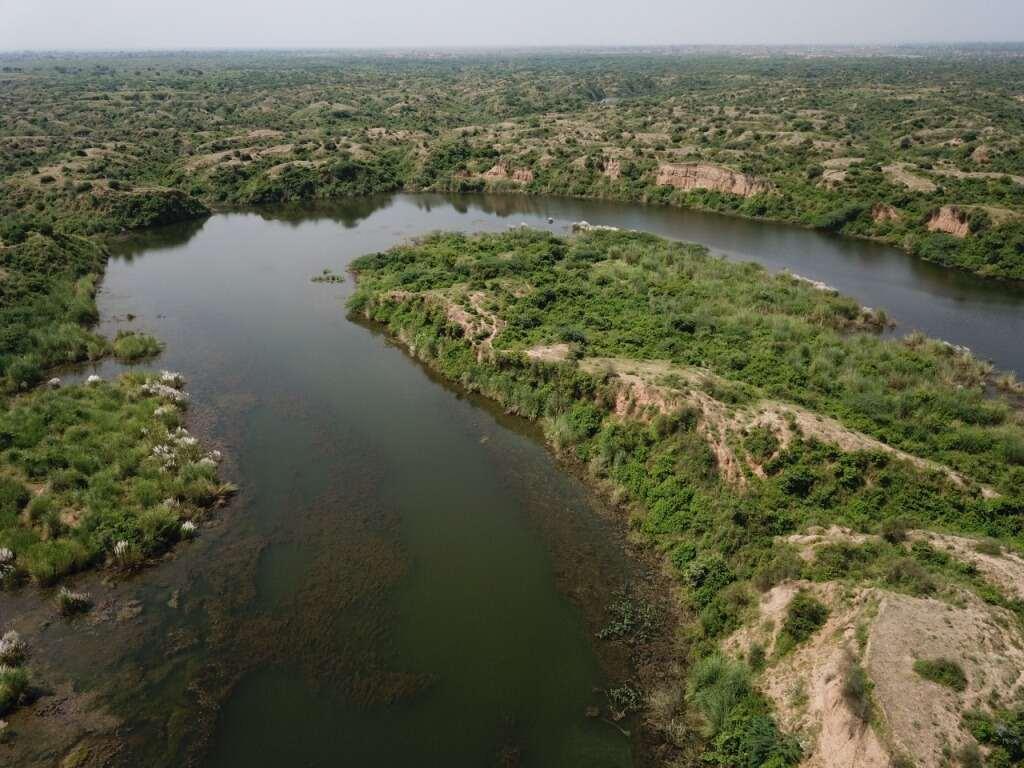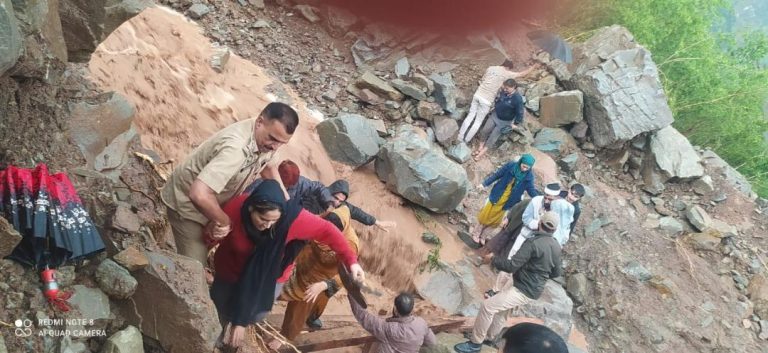
How Not-for-Profit Foundations are Working for Water Security in India
India, being one of the most populous countries in the world, faces a pressing issue of water scarcity. With a rapidly growing population and climate change, the demand for clean water is increasing exponentially. This has led to a significant water crisis in various parts of the country. Not-for-profit foundations have taken it upon themselves to address this issue and ensure water security for the citizens of India.
One such foundation is Anandana, a non-profit organization that focuses on sustainable development and community empowerment. Along with the SM Sehgal Foundation, Anandana launched Project Jaldhara, a initiative aimed at restoring groundwater and agriculture in drought-prone areas. The project was implemented in the district of Anantapur, where erratic rainfall had left fields barren and farming uncertain.
The project’s primary objective was to build check dams in five villages to collect and store rainwater, thereby restoring groundwater levels and reviving agriculture. The check dams were designed and constructed using sustainable and eco-friendly methods, ensuring minimal environmental impact.
The impact of the project was nothing short of remarkable. Farmers like E. Sudhakar, who had previously struggled to grow a single crop a year, were now able to grow multiple crops annually. This not only ensured food security but also provided them with a better income. The once-dry lands were transformed into thriving farms, providing a sense of hope and prosperity to the local communities.
The project’s success can be attributed to the collaborative effort of Anandana and the SM Sehgal Foundation. The two organizations brought together local communities, farmers, and experts to design and implement the project. This participatory approach ensured that the project was tailored to the specific needs of the community and was sustainable in the long run.
Another example of a not-for-profit foundation working for water security in India is the Coca-Cola India Foundation. In 2020, the foundation launched a project to strengthen water security in rural India. The project aimed to provide clean water and sanitation facilities to over 10,000 people in five villages.
The project was implemented in partnership with local communities, NGOs, and government agencies. The foundation provided financial and technical support to construct water treatment plants, borewells, and handpumps. The project also included training and capacity building programs for local communities to manage and maintain the water infrastructure.
The Coca-Cola India Foundation’s project has made a significant impact on the lives of the people in the rural villages. With access to clean water, people are no longer forced to walk long distances to collect water, saving them time and energy. The project has also helped to reduce waterborne diseases, ensuring better health and hygiene for the local communities.
In addition to Anandana and the Coca-Cola India Foundation, there are several other not-for-profit foundations working to ensure water security in India. The Aga Khan Foundation, for instance, is working to improve access to clean water and sanitation facilities in rural and urban areas. The foundation is implementing a range of projects, including water harvesting and conservation initiatives, to ensure sustainable water management practices.
The Indian government has also taken steps to address the issue of water scarcity. The Jal Shakti Abhiyan, a national campaign launched in 2019, aims to provide clean water and sanitation facilities to every household in the country. The campaign includes a range of initiatives, including water conservation and harvesting, to ensure sustainable water management practices.
In conclusion, not-for-profit foundations are playing a vital role in ensuring water security in India. Through their projects and initiatives, these foundations are providing clean water and sanitation facilities to rural and urban communities, restoring groundwater levels, and promoting sustainable water management practices. The Coca-Cola India Foundation’s project, for instance, has made a significant impact on the lives of people in rural India, providing them with access to clean water and reducing waterborne diseases.
The success of these projects highlights the importance of collaborative efforts between government agencies, NGOs, and local communities to address the issue of water scarcity. By working together, we can ensure that every Indian has access to clean water and sanitation facilities, and that the country’s water security is ensured for generations to come.
News Source: https://thecsrjournal.in/csr-news-coca-cola-india-foundation-strengthen-water-security/



